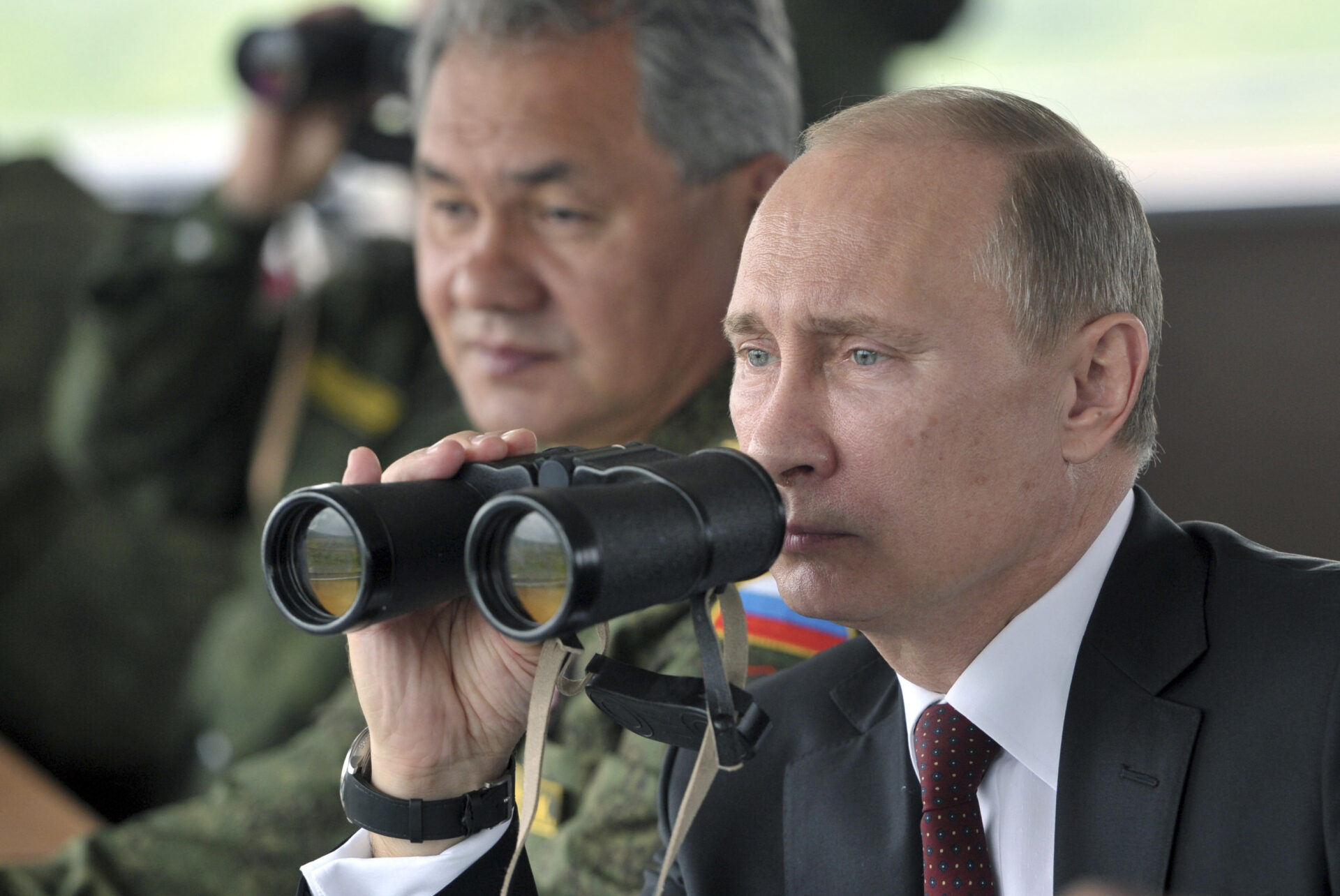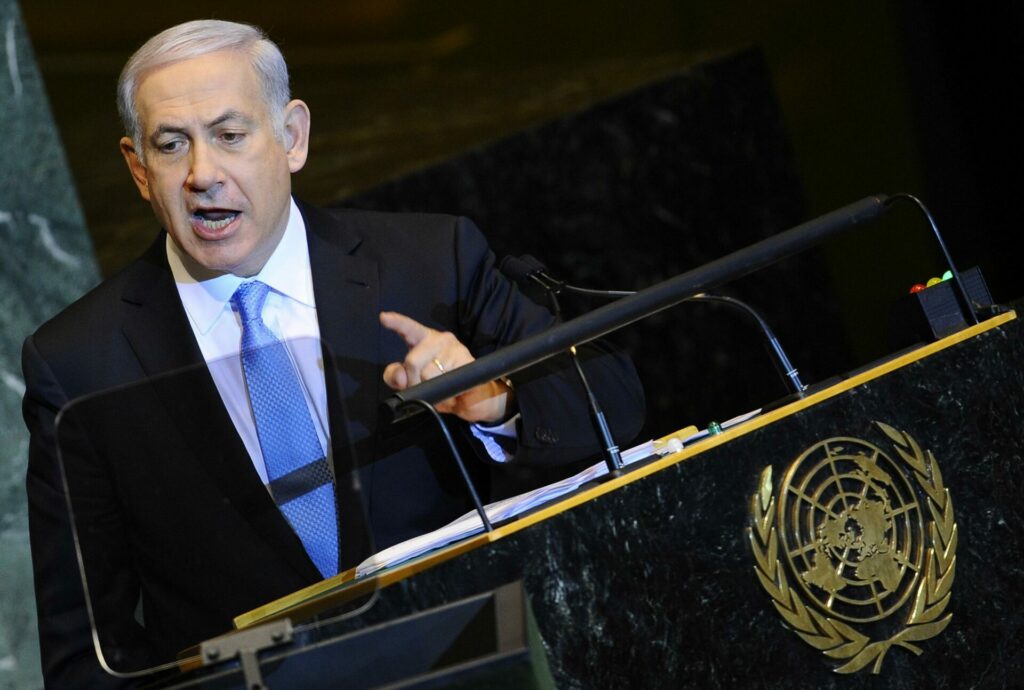The Belgian Justice Ministry says an International Criminal Court (ICC) arrest warrant is "not sufficient" grounds to arrest Israeli Prime Minister Benjamin Netanyahu were he to set foot on Belgian soil.
The ICC is a global court whose primary responsibility is to investigate war crimes. 124 countries (including all 27 EU Member States) are signatories of the Rome Statute that brought the court into being in 2002. All signatories are legally obliged to carry out an arrest mandated by the court if the individual in question enters their territory.
The ICC published arrest warrants for Israeli Prime Minister Benjamin Netanyahu, former Israeli Defence Minister Yoav Gallant and leader of Hamas' armed forces Mohammed Deif for "war crimes and crimes against humanity" on Thursday 21 November.
Not all EU Member States have reacted in line with their legal obligation to the ruling. Most countries reaffirmed their commitment to the ICC, but far-right leaders in Hungary and the Netherlands, Viktor Orbán and Geert Wilders, said they would not arrest Netanyahu if he entered their respective countries.
Belgium's reaction was relatively strong, with the Foreign Affairs Ministry stating that "Belgium fully supports the ICC" on social media.
The fight against impunity wherever crimes are committed is a priority for Belgium, which fully supports the work of the @IntlCrimCourt.
Those responsible for crimes committed in #Israel and #Gaza must be prosecuted at the highest level, regardless of who committed them. pic.twitter.com/HgruPgPDqp — 🇧🇪 Belgium MFA (@BelgiumMFA) November 21, 2024
However, when contacted by The Brussels Times, the Justice Ministry (which is responsible for carrying out the hypothetical arrest) said "the decision handed down by the ICC on 21 November is not, at this stage of the proceedings, sufficient to take action."
"Before they can arrest the person concerned, the Belgian authorities (and the other States party to the Rome Statute) must receive a cooperation request from the Registry of the ICC for his arrest."
What does this mean?
This statement is "general but correct" according to ULB Law Professor Vaios Koutroulis.
"The warrant is an international document issued by an international organisation," he told The Brussels Times. For it to be viable on the national level, "State authorities need their own procedure to be able arrest someone." The 'request for cooperation', which is only a formality, makes this possible.
The Brussels Times asked the Justice Ministry whether it had already received a cooperation request but did not receive a response. The ICC declined to respond when asked the same question.

Russian Defence Minister Sergei Shoigu (left) and President Vladimir Putin (right). Credit: Wikimedia Commons
Regarding the ICC arrest warrant for Russian President Vladimir Putin, it took the ICC at least one month to send a cooperation request to member countries. However, if the ICC becomes aware that the person in question is travelling to a member country, it will send an emergency cooperation request.
The ICC warrants for Putin and Netanyahu are "extremely similar" because both are heads of states of countries that are not members of the ICC. "The two cases must be treated in the same way because it's exactly the same legal situation," says Koutroulis.
How would an arrest occur?
A cooperation request includes information that allows for the suspect to be identified, a copy of the ICC arrest warrant and documents requested by the State to ensure the arrest is compliant with extradition laws.
If an arrest occurs it is carried out by national police forces. A Belgian court then decides whether the arrest should be validated on the basis of the ICC request, and a refusal may be appealed by the Public Prosecutor's Office.

